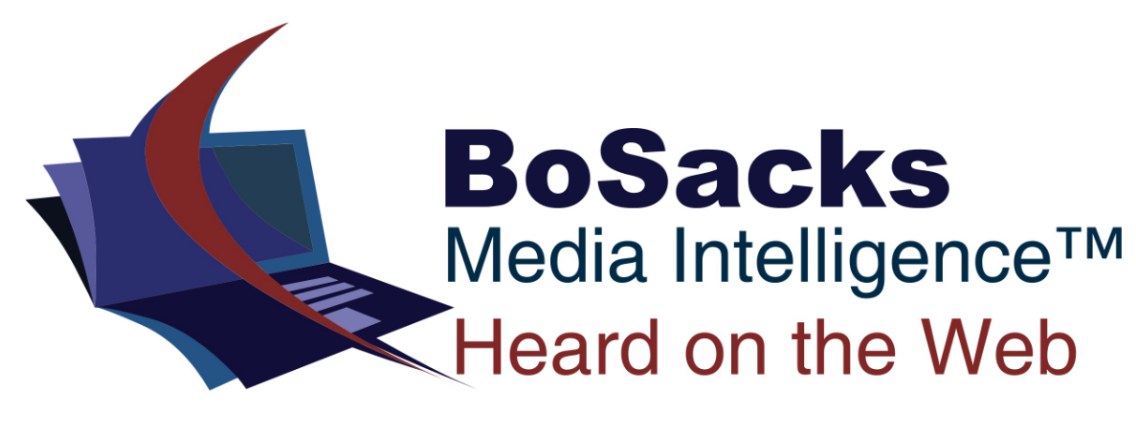BoSacks Speaks Out: From Crinkly Newsprint to Digital Civics—The Atlantic Goes Back to School
By Bob Sacks
Wed, Sep 17, 2025

Some ideas don’t fade. They ferment. The Atlantic’s decision to open its journalism and 168-year archive to every public high school in America, free, frictionless, and on-campus, feels like a resurrection. Not of a brand, but of a civic ritual. It’s My Weekly Reader reimagined for the streaming century. That little classroom newspaper didn’t sparkle. It sparked. And now, The Atlantic is scaling that spark with podcasts, archives, and a clean user interface.
If you put The Atlantic’s school distribution together with what the Magazine Literacy Project is doing, getting real magazines into the hands of kids, families, shelters, and classrooms, it kinda gives me a sense of hope. Not the Hallmark kind. The kind rooted in infrastructure. In access. In the belief that media can still be a public good.
The Ritual That Made Citizens
If you were a kid in mid-century America, you remember the drill. Four to eight pages. Fresh ink. A teacher walking you through elections, rockets, civil rights, and the occasional science miracle that made your brain buzz. My Weekly Reader wasn’t glossy. It was gospel. Launched in 1928, it became a weekly passport to the world. It merged into Scholastic News in 2012, but the mission, making young minds literate in current events, never retired. It just waited for a new delivery system.
Same Mission, New Plumbing
The Atlantic’s school program revives the old pact between publishers and classrooms: we’ll bring the world, you bring your curiosity. The tools are modern. Schools register, and students, teachers, and administrators get unlimited access, full articles, magazine issues, podcasts, audio journalism, even Atlantic Games. The format evolved. The civic intent stayed put.
And when you layer that with the Magazine Literacy Project, boots-on-the-ground distribution of print magazines to places algorithms don’t reach, you start to see a blueprint. Not just for audience development, but for cultural repair. These aren’t random acts of generosity. They’re strategic gestures toward a more literate, more curious, more connected society.
Why This Matters to Publishers
Here’s the part our industry should tattoo on its forearm: educational distribution isn’t charity. It’s audience development with a conscience. Hook a reader at ten, and you’re building habits that outlast TikTok and outwit the algorithm. My Weekly Reader proved the model in print. The Atlantic is proving it in pixels. Magazine Literacy is proving it in person.
If you run a magazine today, stop waiting for divine intervention. Do these three things:
1. Package Your Archive for Schools.
Tag by grade level and theme. Add teacher prompts that work in five minutes or fifty. If you’ve got a paywall, offer authenticated on-campus access that doesn’t make IT departments cry. The Atlantic laid out a clean blueprint. Steal it.
2. Build Civics and Media-Literacy Tie-Ins.
A two-paragraph explainer on sourcing. A sidebar on analysis vs. reporting. A short exercise that asks students to rewrite a lede. This isn’t fluff. It’s scaffolding for future subscribers who’ll outgrow your worksheets and start quoting your cover stories.
3. Make Discovery Fun.
Classrooms are chaos. If you’ve got audio, pair it with a one-page guide. If you’ve got long-form, build “two-minute tour” abstracts that hit the who, what, where, and why. Think of it as onboarding for future superfans.
A Quick Reality Check
Nostalgia is a lovely cocktail, but it won’t feed your newsroom. The point isn’t to pine for crinkly pages. It’s to recognize the through-line. We used to mail context to classrooms. Now we stream it, authenticate it, and enrich it with archives and audio. The cost structure changed. The responsibility didn’t.
And here’s the kicker: when you see The Atlantic digitizing civic literacy and Magazine Literacy physically delivering magazines to shelters and schools, you realize something. We’re not just preserving media. We’re preserving meaning. That gives me hope. Not because it’s sentimental, but because it’s strategic.
The Lesson I Learned at a Tiny Desk
Those thin sheets didn’t turn me into a publisher overnight. They did something subtler. They made the world legible. The Atlantic’s school access can do that again, at scale. That’s good for students. Good for teachers. And good for an industry that sometimes forgets where readers come from.
They come from classrooms.
Final Thought: Give students reliable reporting early, and they’ll grow into adults who argue with you intelligently. As a publisher, you can live with that. As a citizen, you should demand it.
